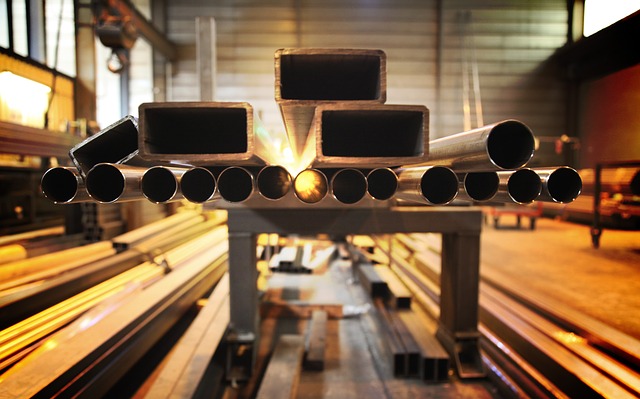Types of Metal Tubing: All You Need To Know
alloys
There are various types of metal tubing to choose from for high-performance applications, and industry professionals should be fully aware of the unique benefits and properties each metal provides. Here’s a convenient list comparing the many types of metal tubing, such as titanium, steel, aluminum, and others, so you can be sure you’re choosing the right tubing type with your industry-specific application.
Best Types of Metal Tubing
- Titanium – Tubing made from titanium is known for its weight and strength, as well as its incredibly low density. Titanium tubing works extremely well for aerospace, automotive, and military/defense applications, as it can withstand temperatures up to 600 degrees and more thanks to its heat tolerance. Titanium also offers chemical and erosion resistance.
- Nickel – Using nickel alloy tube is fantastic for the oil and gas, aerospace, chemical/petrochemical, healthcare, biotechnology and food processing industries, thanks to its strength and high heat resistance. Nickel also has a slow rate of oxidation and stress-corrosion, and a very low rate of thermal expansion.
- Aluminum – Among the most versatile types of metal tubing, aluminum is noted for its lightness and great strength-to-weight ratio. It also features some of the highest levels of corrosion resistance and thermal conduction, making it a great choice in applications found in tougher environments.
- Stainless Steel – Stainless steel is another viable option for tubing, as it combines your standard heat and corrosion resistance with substantial welding and machine capabilities. It also tends to look more aesthetically pleasing than other types of metal tubing.
Comparing Types of Metal Tubing
- Titanium vs. Aluminum – The main difference between these two types of tubing are that titanium is primarily used for more intensive applications, for industries like aerospace and the military. For large vehicles, machine crafts, planes, and other crucial automotives, titanium is the standard choice. Aluminum, however, is the better choice for marine applications, as well as for construction and electronics.
- Titanium vs. Steel – When comparing stainless steel and titanium, it’s important to note that the two metals share multiple features. However, steel is the better choice for structural purposes and applications, while titanium is for the more heavy hitters.
- Nickel vs. Titanium – Nickel can also be closely compared with titanium, and is used heavily in industrial applications that rely on its alloys. Nickel is generally the right choice in extreme temperature environments, as well as waste and waste water treatments. Some of the more popular nickel alloys include Alloy 200 nickel, Alloy 20 nickel, Alloy 400 nickel, Alloy 600 nickel, and Alloy C-276 nickel.
Choose a Trusted Metal Supply Company
If you’re considering any of these types of metal tubing for your application, you should look for nothing more than the absolute best. Alloys International Inc. is a leading metal supply company specializing in difficult specs, rare grades, and custom conversion of materials to meet your exact needs.
We offer all types of metal tubing options, including titanium, aluminum, nickel and cobalt, and steel, with a diverse range of alloys to choose from for each. Alloys International, Inc. is an accredited AS9100D & ISO 9001:2015 company, and adheres to strict standards of traceability. Our diverse background has positioned us as one of the key metal suppliers to both large manufacturers and small machine shops globally.
Learn more about our services and products we offer, or contact us today for any specific questions regarding metal and metal alloys.




